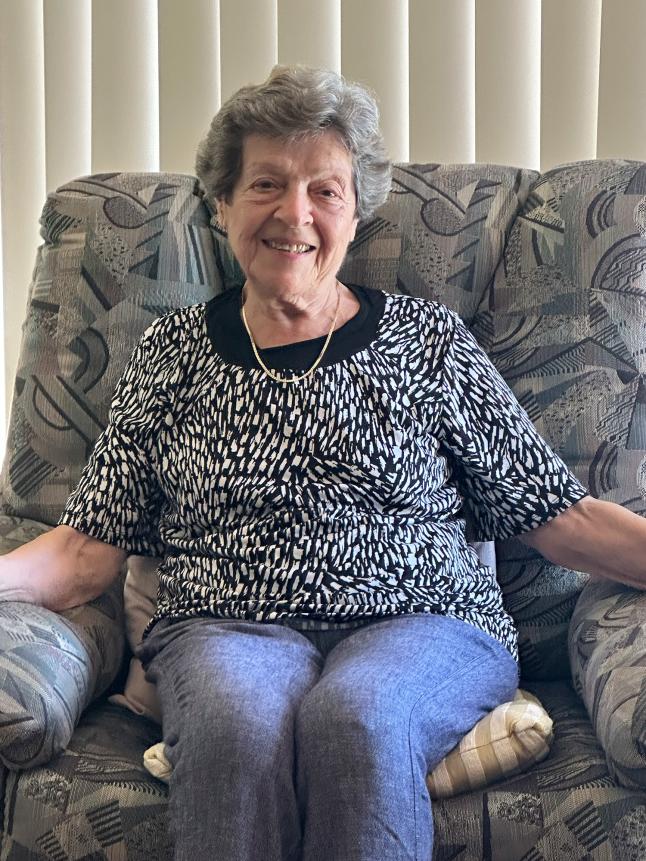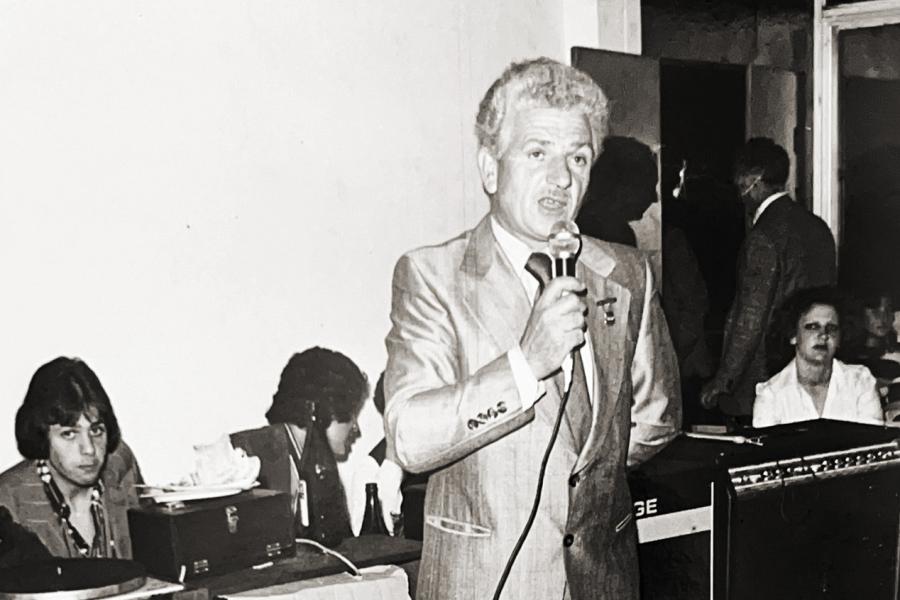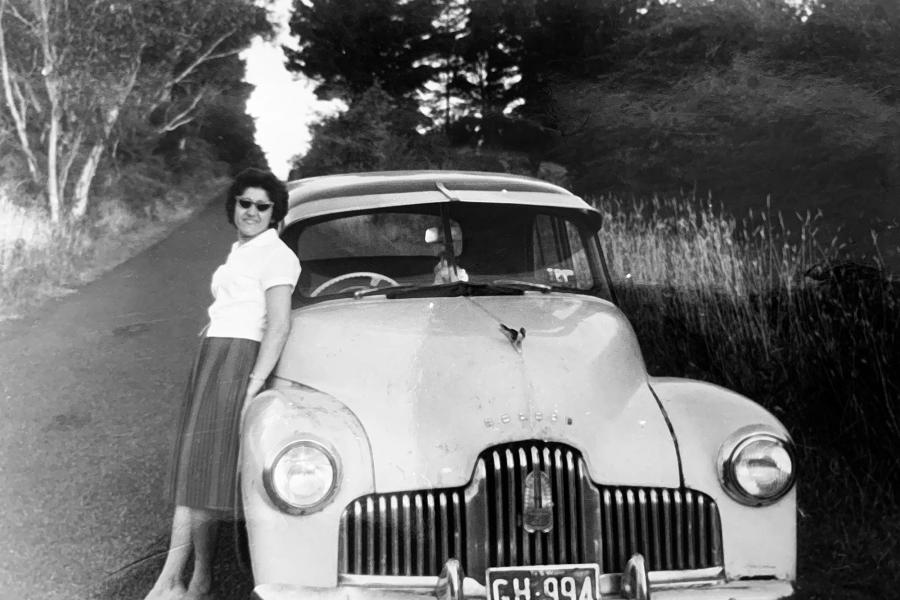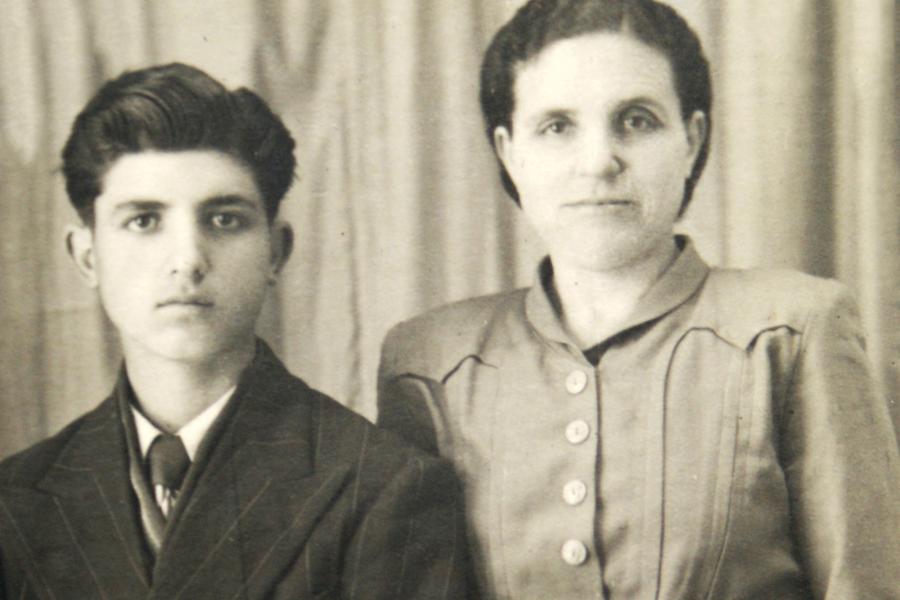

Speaker background
Athanasia was born in 1934 in a rural village in the northern Peloponnese. She endured childhood illness and two successive wars, before deciding to migrate to Australia in 1955. After her arrival, Athanasia worked as a Greek language teacher and witnessed first-hand the ideological schisms that impacted the Greek community in Sydney.
Interview summary
Athanasia offers a glimpse of life during the war years, including the scarcity of food in rural regions. She recalls her sea journey, the difficult conditions of shared accommodation and how she later met her husband. She also describes how community language schools were facilitated in those early years and her later work as a cleaner.
Interview highlights
highlight
Athanasia recalls the Greek shops in her neighbourhood.
Athanasia: There were many, but Greek products were hard to come by. I clearly recall not being able to find Greek products. There was simply no access to such things. I remember there was a Baveas [shop that imported Greek foods] somewhere in Paddington, and you’d hear people say, ‘We’re going to Baveas to buy coffee,’ or ‘We’re going to Baveas to buy something, something Greek.’ Gradually, Greek products started to become more available … Otherwise, we just went to the corner shop. There were no supermarkets back then. You just bought what you needed each day.
Timecode 16:13 - 16:46
highlight
Athanasia describes the birth of her first child at St Margaret’s Hospital.
Athanasia: They brought the baby whenever it suited them [the sisters]. It took a long time to deliver. It took four days. We didn’t know the language and were unable to communicate with the sisters. We knew nothing. The sisters didn’t really look after us. I think I was suffering stenosis [narrowing of the cervix]. They seemed disinterested. They only popped in infrequently. How can I put it? They neglected me […] I was in great pain. That pain was then worsened by giving birth. And at that moment, during those deep moments of pain, I heard someone say something. I didn’t know who it was. It could have been one of the sisters. They said, ‘Bloody woman.’ I replied, ‘I am not a bloody woman.’ I then heard a loud shush. So, I heard something very racist.
Timecode 25:11 - 26:33






